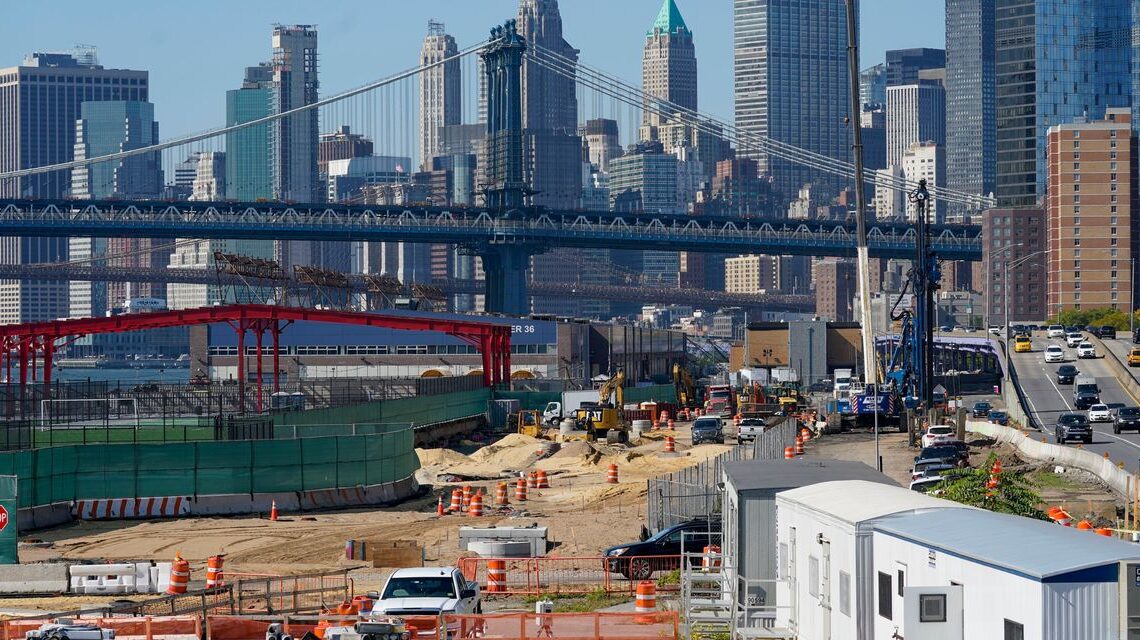Albany, N.Y.
New York state officials this week took their most serious step yet to limit the state’s greenhouse-gas emissions. But they also showed they are more serious about taking care of one of the state’s most entrenched special interests than about climate change.
Charging ahead with “the most aggressive clean energy and climate plan in the country,” New York’s 22-member Climate Action Council—which the state Legislature assigned the critical task of deciding how to achieve emissions reductions ordered in 2019—on Monday adopted a final “Scoping Plan” that will serve as the basis for an avalanche of new regulations. New York law requires the state to cut its “climate pollution” significantly by 2030, and this plan is the blueprint agencies will use to crack down on specific parts of the economy.
The plan calls for prohibiting new natural-gas stoves, furnaces, and water heaters; banning new gasoline-fueled vehicles; and charging a “compliance obligation,” or tax, on nearly anything that generates greenhouse gases. As part of the state’s “just transition” to a decarbonized economy, the council expects New York to gain more than 300,000 “clean energy jobs” by 2040, after 58,000 “legacy” job losses of course.
But the council is also focused on a different type of green: ensuring that when homeowners and businesses get squeezed, much of that money drips into union coffers. By the council’s suggestion, the jobs created as a result of the state’s climate-change-mitigation efforts “should be good, family-sustaining, union jobs,” and the state “should apply robust labor standards across all sectors and projects” affected by their orders.
Those “robust labor standards” would cover essentially every change the council wants imposed on New York’s private economy. For one, construction projects would have “project labor agreements,” which generally block nonunion contractors from bidding on jobs. As a result, ostensibly urgent efforts to make buildings more efficient or modernize the electric grid will happen more slowly and at higher cost.
Construction projects will also pay New York’s “prevailing wage,” under which the state requires employers to match union wages and benefit levels, as well as certain union work rules. Sea-level rise isn’t worth stopping, it seems, unless laborers working on green-energy projects…
Click Here to Read the Full Original Article at RSSOpinion…

